This is a transcript of a keynote I gave at the Open University H818 The Networked Practitioner conference.
The principles of open education were outlined in the 2008 Cape Town Declaration, one of the first initiatives to lay the foundations of what it referred to as the “emerging open education movement”. The Declaration advocates that everyone should have the freedom to use, customize, and redistribute educational resources without constraint, in order to nourish the kind of participatory culture of learning, sharing and cooperation that rapidly changing knowledge societies need. One of the many contributors to the Cape Town Declaration was Wikimedia founder, Jimmy Wales. Who commented in a press release to mark the launch of the Declaration:
“Open education allows every person on earth to access and contribute to the vast pool of knowledge on the web. Everyone has something to teach and everyone has something to learn.”
The Cape Town Declaration is still an influential document and it was updated on its 10th anniversary as Capetown +10, and I can highly recommend having a look at this if you want a broad overview of the principles of open education.
As conceived by the CapeTown Declaration, open education is a broad umbrella term, there’s is no one hard and fast definition. In the words of open education scholar Catherine Cronin, open education is complex, personal, contextual and continually negotiated.
One conceptualisation of open education that I like is from the not-for-profit organization OER Commons which states that
“The worldwide OER movement is rooted in the human right to access high-quality education. The Open Education Movement is not just about cost savings and easy access to openly licensed content; it’s about participation and co-creation.”
And what I particularly like about this interpretation is the focus on empowerment, equity and co-creation, which to my mind are the most important aspects of open education and open knowledge.
Open Educational Resources (OER)
Owing to its contextual nature, open education encompasses many different aspects however open educational resources, or OER, are of course central to any understanding of this domain. Although there are multiple definitions of the term OER, the one I tend to default to is the UNESCO definition.
“OER are learning, teaching and research materials in any format and medium that reside in the public domain or are under copyright that have been released under an open license, that permit no-cost access, re-use, re-purpose, adaptation and redistribution by others.”
UNESCO OER Recommendation
The reason this definition is significant is that in November 2019 UNESCO made a formal commitment to actively support the global adoption of OER, when it approved its Recommendation on Open Educational Resources.
Central to the new Recommendation, is the acknowledgement of the role that OER can play in achieving United Nations Sustainable Development Goal 4: to ensure inclusive and equitable quality education and promote lifelong learning opportunities for all
The Recommendation recognises that
“in building inclusive Knowledge Societies, Open Educational Resources (OER) can support quality education that is equitable, inclusive, open and participatory as well as enhancing academic freedom and professional autonomy of teachers by widening the scope of materials available for teaching and learning.”
And it outlines five areas of action
- Building capacity of stakeholders to create, access, re-use, adapt and redistribute OER
- Developing supportive policy
- Encouraging effective, inclusive and equitable access to quality OER
- Nurturing the creation of sustainability models for OER
- Promoting and reinforcing international cooperation
Equality and diversity is centred throughout the Recommendation with the acknowledgement that
“In all instances, gender equality should be ensured, and particular attention paid to equity and inclusion for learners who are especially disadvantaged due to multiple and intersecting forms of discrimination.”
Wikimedia Movement Strategy
Elsewhere in the open knowledge domain, and running in parallel with the development of the UNESCO Recommendation, the Wikimedia Foundation has been undertaking its own Movement Strategy exercise to shape the strategic direction of the movement. The movement strategy, comprises 10 recommendations for change, and 10 guiding principles, many of which echo of principals of the UNESCO OER Recommendation.
Enshrined in the Wikimedia Movement Strategy, are the key concepts of Knowledge as a Service and Knowledge Equity.
Knowledge as a service, is the idea that, Wikimedia will become a platform that serves open knowledge to the world across interfaces and communities.
And knowledge equity, is the commitment to focus on knowledge and communities that have been left out by structures of power and privilege, and to break down the social, political, and technical barriers preventing people from accessing and contributing to free knowledge.
Structural Inequality in the Open Knowledge Landscape
And to my mind it is this commitment to knowledge equity that is key to the open education and open knowledge movements, because as I’m sure we are all aware, the open knowledge landscape is not without its hierarchies, its norms, its gatekeepers and its power structures. We all need to be aware of the fact that open does not necessarily mean accessible. Far too often our open spaces replicate the power structures and inequalities that permeate our society.
For example Wikimedia’s problems with gender imbalance, structural inequalities and systemic bias are well known and much discussed. On English language Wikipedia just over 18% of biographical articles are about women, and the number of female editors is somewhere between 15 and 20%. Some language Wikipedias, such as the Welsh Wicipedia, fare better, others are much worse. Despite Wikipedia’s gender imbalance being an acknowledged problem, that projects such as Wiki Women In Red have sought to address, too often those who attempt to challenge these structural inequalities and rectify the systemic bias, have been subject of targeted hostility and harassment.
In an attempt to tackle these problems Wikipedia recently launched a new Universal Code of Conduct intended to make Wikimedia projects more welcoming to new users, especially underrepresented groups who have too often faced harassment and discrimination. It’s too early yet to know how much impact this Code of Conduct will have but it’s certainly a much-needed step in the right direction.
Wikimedia is not the only open space that suffers from issues of systemic bias and structural inequality. In a chapter on Open Initiatives for Decolonising the Curriculum, in Decolonising the University edited by Gurminder K Bhrambra, open source software developer Pat Lockley notes that UK universities with the highest percentages of black, Asian and minority ethnic staff are those which spend the least, and in many cases nothing, on open access article processing charges. And he goes on to ask whether Open Access really is broadening and diversifying academia, or merely reinforcing the existing system.
Similarly, in a 2017 survey on open source software development practices and communities, Github, another important open online space, reported huge gaps in representation and concluded that the gender imbalance in open source remains profound. From a random sample of 5,500 respondents 95% were men; just 3% were women and 1% are non-binary.
And there are many other examples of similar structural inequalities in open spaces and communities.
In a 2018 article titled “The Dangers of Being Open” Amira Dhalla, who at the time led Mozilla’s Women and Web Literacy programs, wrote:
“What happens when only certain people are able to contribute to open projects and what happens when only certain people are able to access open resources? This means that the movement is not actually open to everyone and only obtainable by those who can practice and access it.
Open is great. Open can be the future. If, and only when, we prioritize structuring it as a movement where anyone can participate and protecting those who do.”
This lack of equity in the open knowledge landscape is significant, because if knowledge and education are to be truly open, then they must be open to all regardless of race, gender, or ability, because openness is not just about definitions, recommendations and strategies, openness is about creativity, access, equity, and social inclusion and enabling learners to become fully engaged digital citizens.
OER and the COVID-19 pandemic
With the advent of the COVID-19 pandemic the role of OER in helping to provide access to inclusive and equitable education for all has become ever more critical.
In April last year, at the first peak of the global COVID-19 pandemic, UNESCO estimated that 1.57 billion learners in 191 countries worldwide had had their education disrupted. In response to this unprecedented crisis, the organisation issued a Call for Joint Action to support learning and knowledge sharing through Open Educational Resources (OER). The call highlights the important role that OER can play in supporting the continuation of learning in both formal and informal settings, meeting the needs of individual learners, including people with disabilities and individuals from marginalized or disadvantaged groups, with a view to building more inclusive, sustainable and resilient Knowledge Societies.
OER at the University of Edinburgh
At the University of Edinburgh we believe that both open education and open knowledge are strongly in keeping with our institutional vision and values; to discover knowledge and make the world a better place, and to ensure our teaching and research is accessible, inclusive, and relevant to society. In line with the UNESCO OER Recommendation, we also believe that OER and open knowledge can contribute to achieving the aims of the United Nations Sustainable Development Goals, which the University is committed to through the SDG Accord.
The University’s vision for OER has three strands, building on our excellent education and research collections, traditions of the Scottish Enlightenment, and the university’s civic mission.
This vision is backed up by an OER Policy, approved by our Learning and Teaching Committee, which encourages staff and students to use, create and publish OERs to enhance the quality of the student experience, expand provision of learning opportunities, and enrich our shared knowledge commons.
The University’s vision for OER is the brainchild of Melissa Highton, Assistant Principal Online Learning, and the student union were also instrumental in encouraging the University to adopt an OER policy, and we continue to see student engagement and co-creation as being fundamental aspects of open education and open knowledge.
To support this policy we also have an OER Service that provides staff and students with advice and guidance on creating and using OER, engaging with open education and developing information and copyright literacy skills. The OER Service places openness at the heart of the university’s strategic initiatives in order to build sustainability and minimise the risk of what my senior colleague Melissa Highton has referred to as copyright debt. The service also maintains a one stop shop that provides access to open educational resources created by staff and students across the university.
This strategic support for OER and open knowledge enabled the University to respond rapidly to the uniquely complex challenges presented by the global COVID-19 pandemic and what I want to do now is highlight some of those responses.
Critical Care MOOC
With support from the Online Learning and OER Service, and from our partners at FutureLearn, the University’s MSc Critical Care team was able to rapidly launch a COVID-19 Critical Care online learning resource for frontline clinical staff supporting critical care patients. It took a little over a fortnight of working day and night to collate the resources and get them onto the FutureLearn platform, and they went live on the 5th of April 2020, just as many European countries were first going into lockdown. Over 5,000 learners enrolled on the first day of the course and by the end of the first 6 week run, over 40,000 learners from 189 countries had accessed the learning materials. The University’s strategic support for OER and open knowledge, and FutureLearn’s willingness to prioritise the project, helped enable us to develop this resource at speed. The team comprised staff from the University, FutureLearn, NHS Lothian, the Royal College of Physicians of Edinburgh and NHS Education Scotland, who came together to make something positive happen at a difficult and stressful time for many, motivated by the knowledge of how valuable this educational resource would be to staff on the frontline of critical care.
Free Short Online Courses
Providing open access to high quality online learning opportunities and widening access to our scholarship has always been an important cornerstone of the University’s commitment to open knowledge exchange and community outreach and we provide a wide range of online courses including masters degrees, MOOCs and MicroMasters programmes. Ensuring continued access to course materials for online learners, has always been a priority, and now more so than ever when many learners may find it challenging to meet fixed deadlines as a result of other personal commitments and stresses in their lives. To address this issue, we ensure that the majority of online learning content created for these courses can be released under open licence, this includes over 500 high quality MOOCs videos which can be accessed and downloaded from our Open Media Bank channel. The Open Media Bank hosts legacy content covering a wide range of topics, including some that directly address the challenges of the pandemic, such as videos from our former MOOC Critical Thinking in Global Challenges which explores important global challenges including epidemics and the spread of serious infectious, and the challenges of human health and wellbeing in the modern world.
Free Teaching and Learning Resources for Home Schooling
Our commitment to knowledge exchange and community outreach also extends to the school sector. Through TES Resources the OER Service shares a growing collection of interdisciplinary teaching and learning materials, aimed at primary and secondary school level, covering topics as diverse as climate change, food production, biodiversity, and LGBTQ+ issues. These fun and creative resources are designed to be easily customisable for different learning scenarios. When schools are closed as a result of lockdown and parents have to take on homeschooling, the OER Service uses its social media channels to disseminate this ready-made collection of free teaching resources to all who might need them. One of the really nice things about this collection of open educational resources is that they have all been co-created by undergraduates and student interns in collaboration with colleagues from the School of GeoSciences and the OER Service. So this is a lovely example of the benefits of open education and co-creation in action.
Wikimedian in Residence
At the University of Edinburgh we believe that contributing to the global pool of Open Knowledge through Wikimedia is squarely in line with our institutional mission and that Wikipedia is a valuable learning tool to develop a wide range of digital and information literacy skills at all levels across the curriculum. Our Wikimedian in Residence, Ewan McAndrew, works to embed open knowledge in the curriculum, through skills training sessions, editathons, Wikipedia in the classroom initiatives and Wikidata projects, in order to increase the quantity and quality of open knowledge and enhance digital literacy. Creating Wikipedia entries enables students to demonstrate the relevance of their field of study and share their scholarship in a real-world context, while contributing to the global pool of open knowledge. And if you want to find out more about Wikimedia in the Curriculum we’ve recently published this book of case studies which you can download here.
Knowledge Equity
Finally I want to return to the theme of knowledge equity; many of our open education and Wikimedia activities have a strong focus on redressing gender imbalance, centering marginalised voices, diversifying and decolonising the curriculum, and uncovering hidden histories. Some inspiring examples include our regular Wiki Women in Red editathons; Women in STEM editathons for Ada Lovelace Day and International Women’s Day; LGBT+ resources for medical education; open educational resources on LGBT+ Issues for Secondary Schools; UncoverED, a student led collaborative decolonial project uncovering the global history of the university; Diverse Collections, showcasing stories of equality and diversity within our archives; and the award winning Survey of Scottish Witchcraft Wikidata project.
Projects such as these provide our staff and students with opportunities to engage with the creation of open knowledge and to improve knowledge equity, and we often find that this inspires our staff and students to further knowledge activism.
Conclusion
All these projects are examples of knowledge equity in action; the dismantling of obstacles that prevent people from accessing and participating in education and knowledge creation. Ultimately, this is what knowledge equity is about; counteracting structural inequalities and systemic barriers to ensure just representation of knowledge and equitable participation in the creation of a shared public commons.
Before I finish, I want to return to the UNESCO Call for Joint Action to support learning and knowledge sharing through OER, and this quote which reminds us why engaging with open education and OER is of critical importance to us all.
“Today we are at a pivotal moment in history. The COVID-19 crisis has resulted in a paradigm shift on how learners of all ages, worldwide, can access learning. It is therefore more than ever essential that the global community comes together now to foster universal access to information and knowledge through OER.”


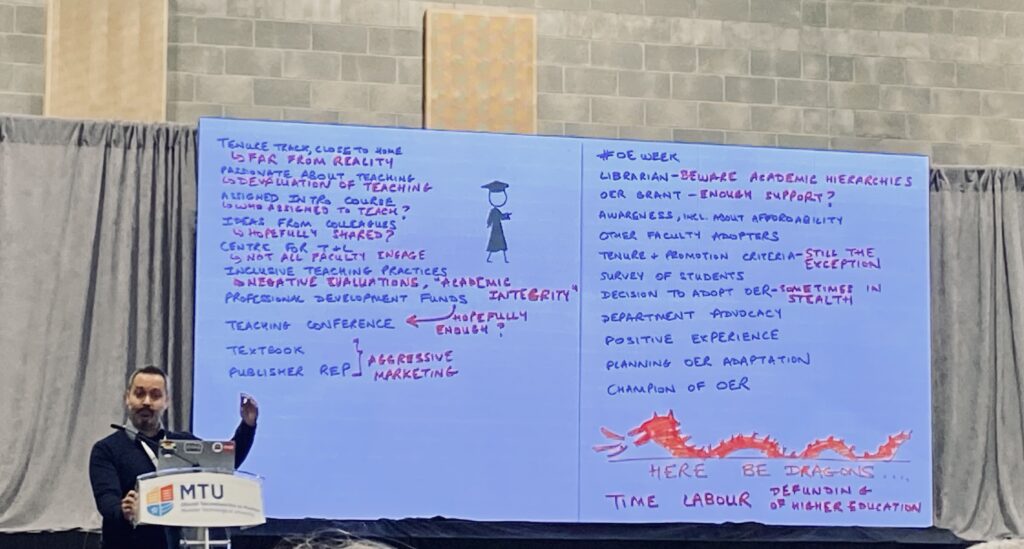

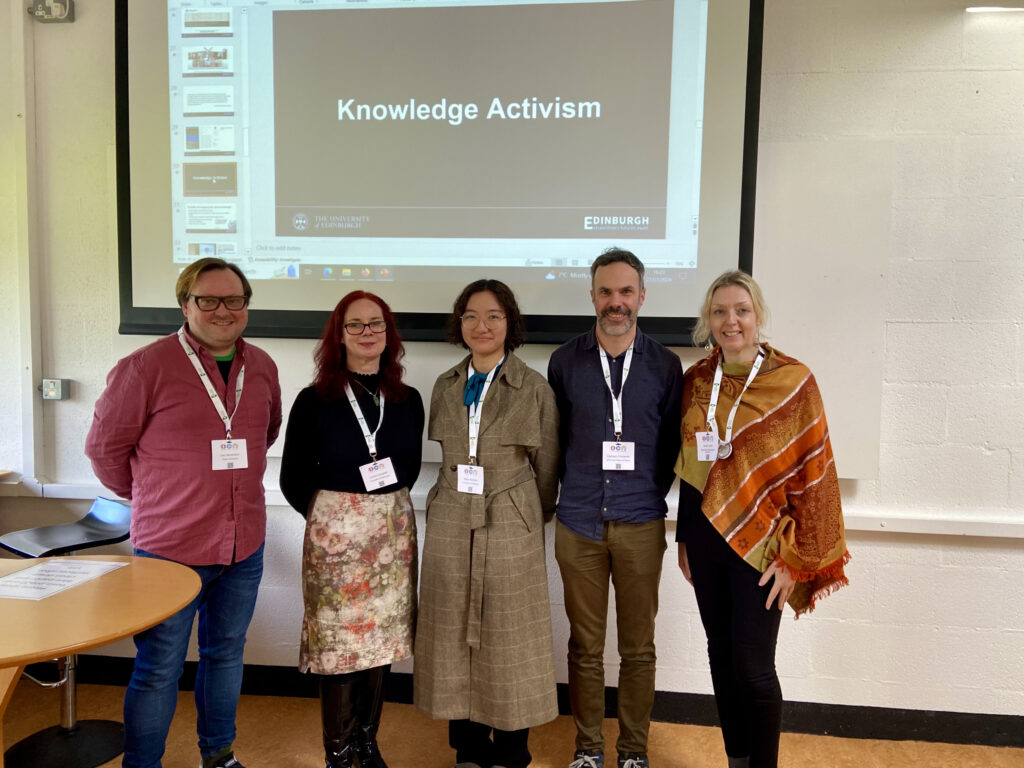


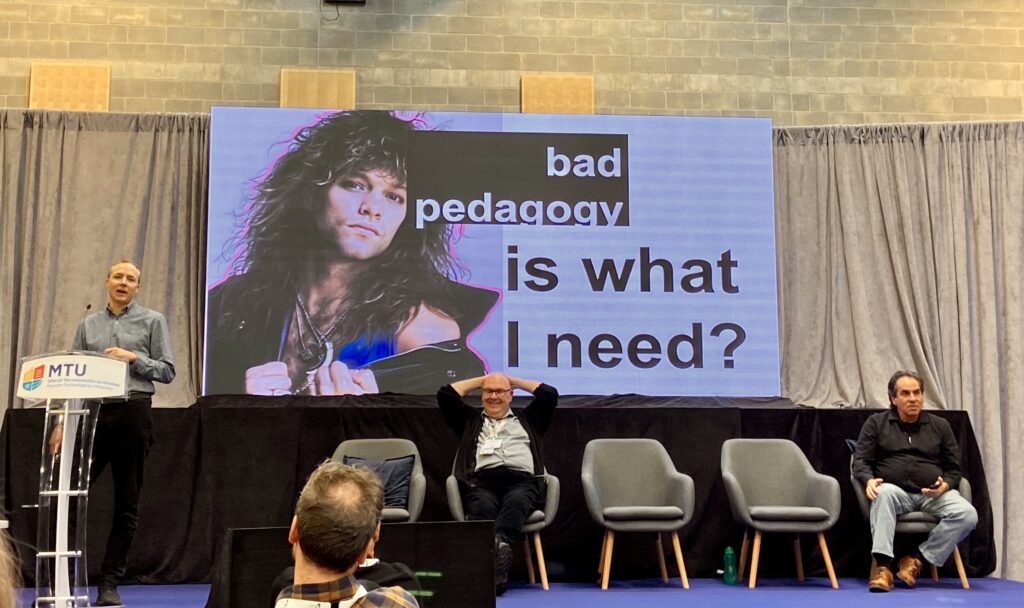



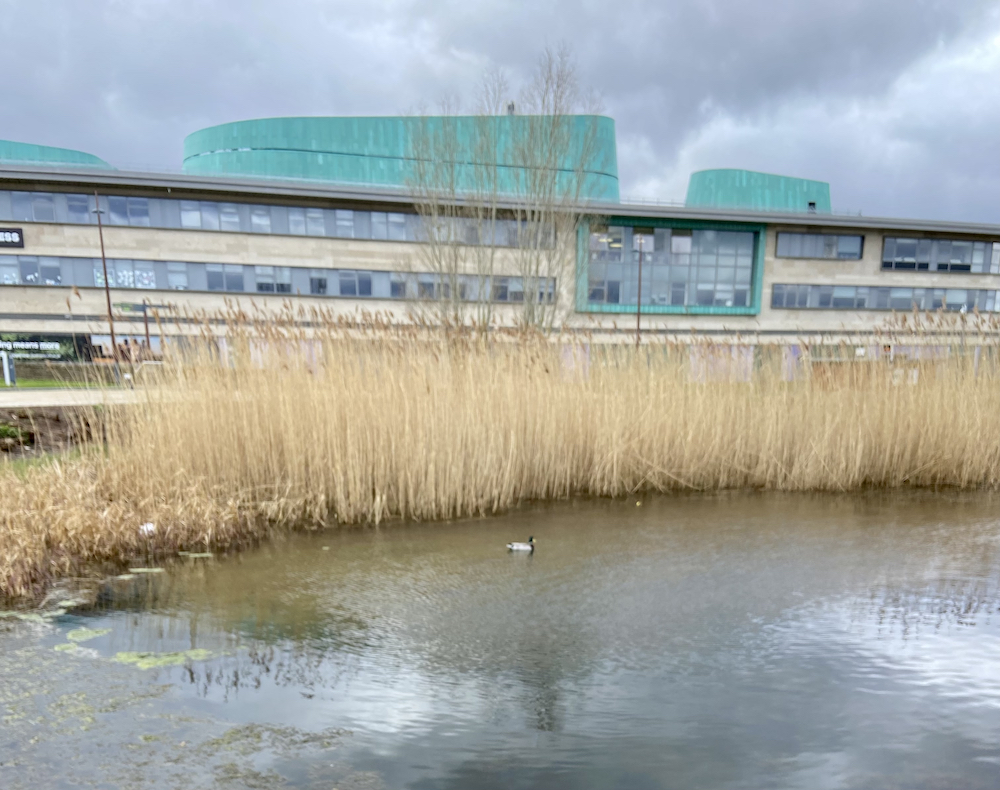

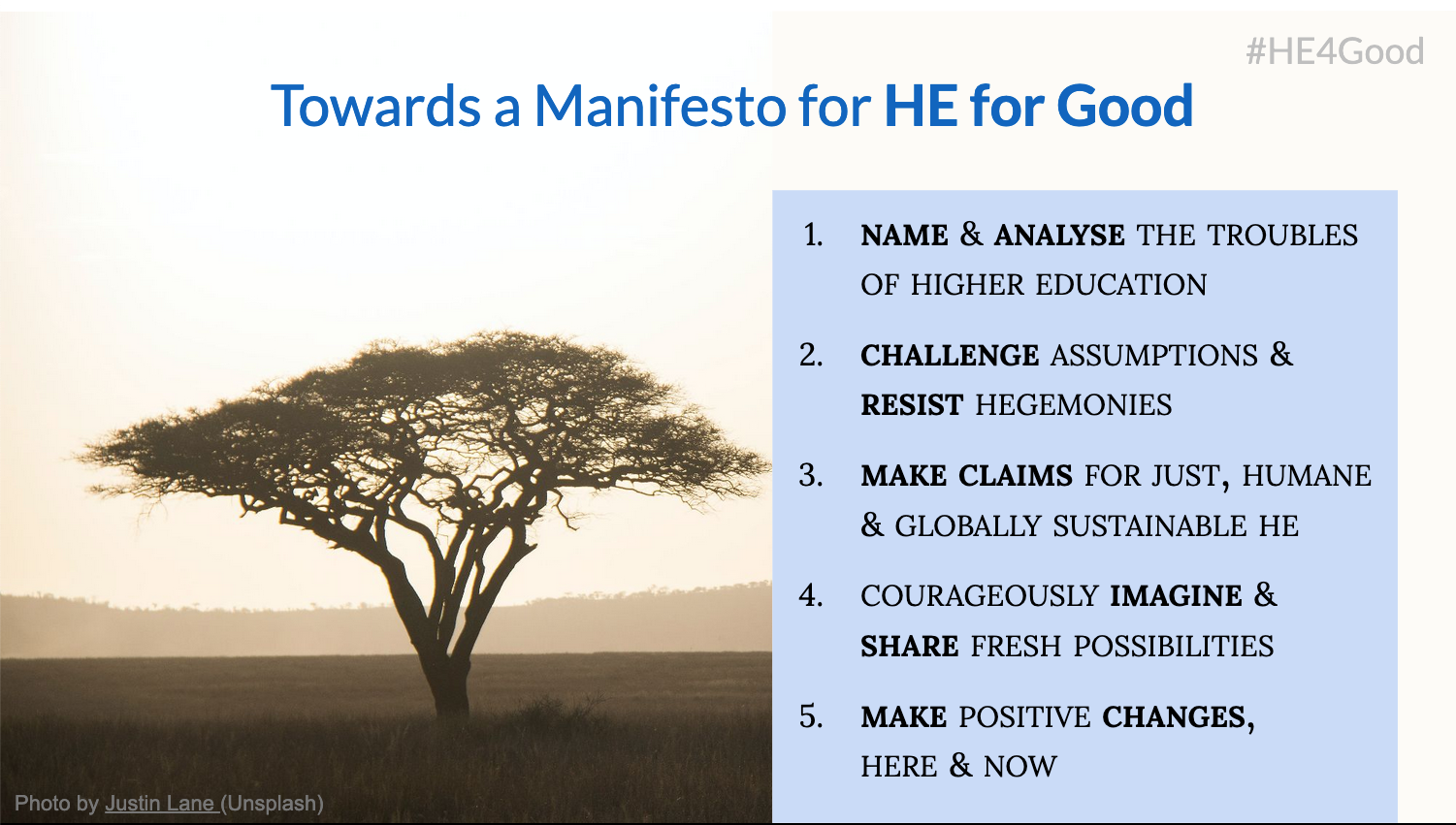
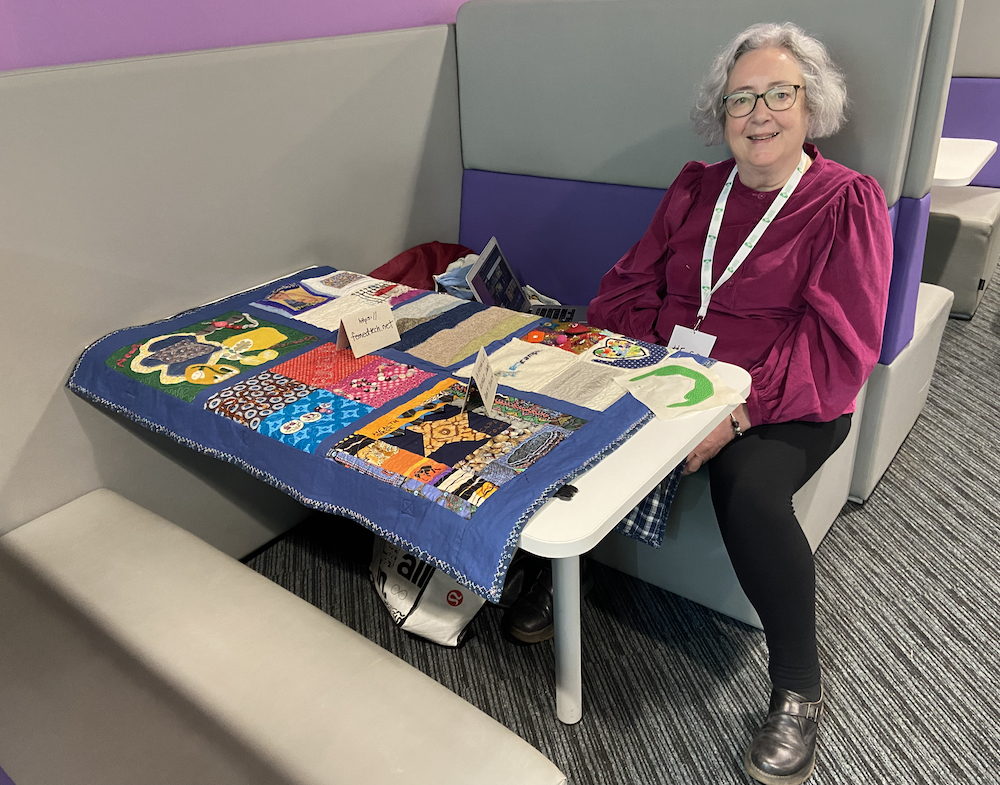
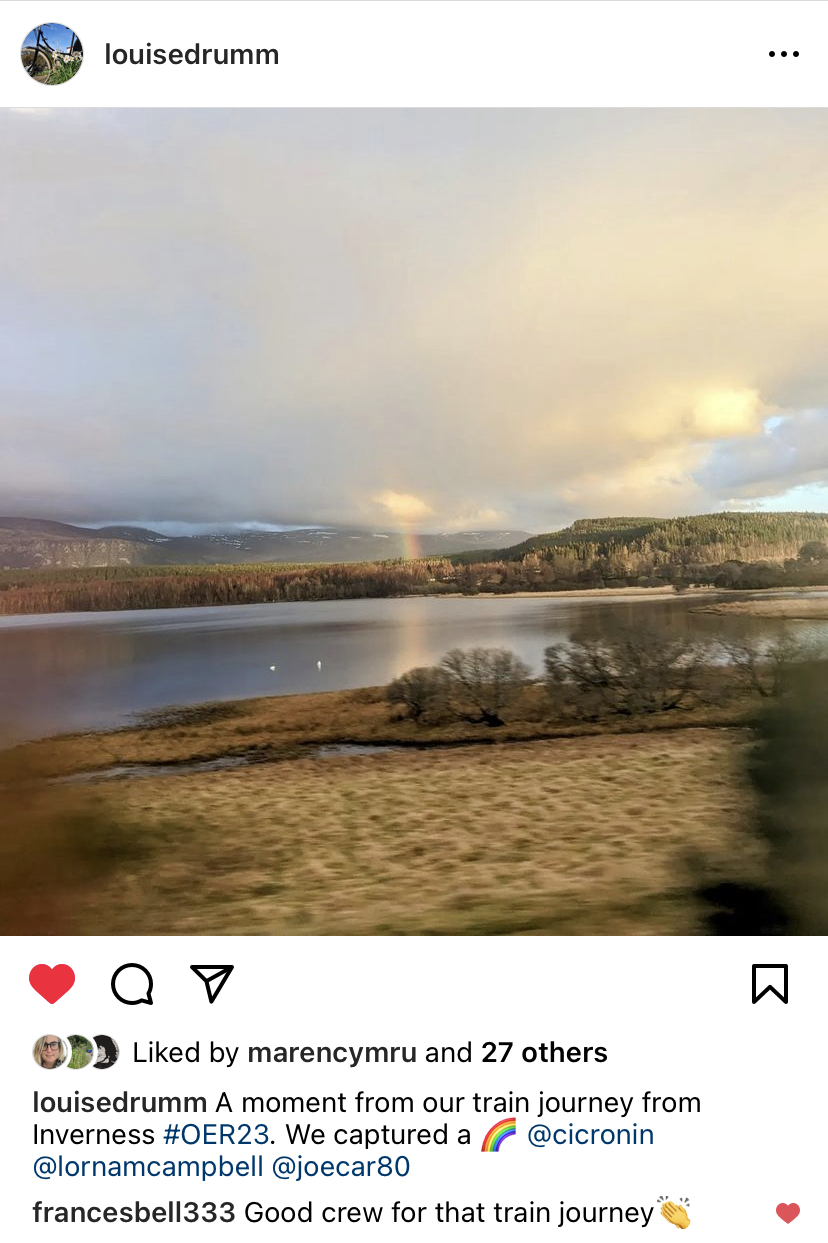



 The OER Conference is always one of the highlights of the year for me. I’ve been privileged to attend every single one since conference launched in 2010 and it’s been interesting to see how the event has changed as open education has evolved over the last 11 years. My
The OER Conference is always one of the highlights of the year for me. I’ve been privileged to attend every single one since conference launched in 2010 and it’s been interesting to see how the event has changed as open education has evolved over the last 11 years. My 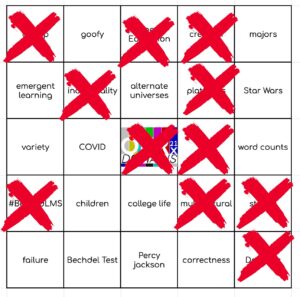 Creativity and playfulness was very much to the fore in Laura Gibbs keynote
Creativity and playfulness was very much to the fore in Laura Gibbs keynote 

